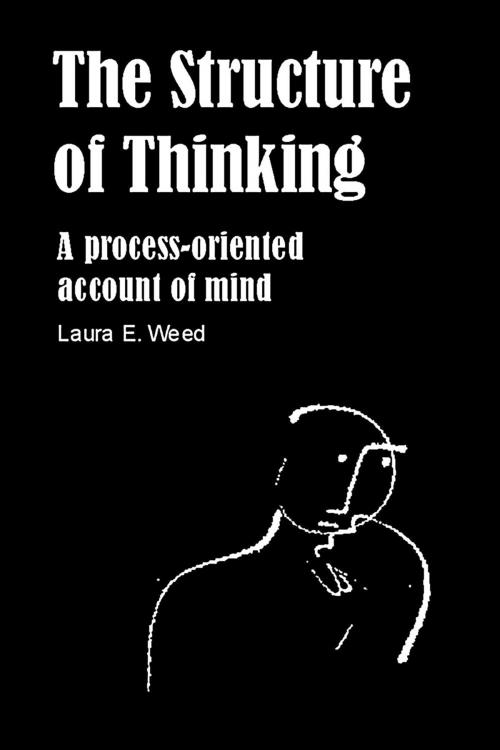The Structure of Thinking
A Process-Oriented Account of Mind
Nonfiction, Health & Well Being, Psychology, Cognitive Psychology, Religion & Spirituality, Philosophy, Mind & Body| Author: | Laura E. Wood | ISBN: | 9781845405861 |
| Publisher: | Andrews UK | Publication: | June 17, 2013 |
| Imprint: | Imprint Academic | Language: | English |
| Author: | Laura E. Wood |
| ISBN: | 9781845405861 |
| Publisher: | Andrews UK |
| Publication: | June 17, 2013 |
| Imprint: | Imprint Academic |
| Language: | English |
Analytic philosophers and cognitive scientists have long argued that the mind is a computer-like syntactical engine, and that all human mental capacities can be described as digital computational processes. This book presents an alternative, naturalistic view of human thinking, arguing that computers are merely sophisticated machines. Computers are only simulating thought when they crunch symbols, not thinking. Human cognition - semantics, de re reference, indexicals, meaning and causation - are all rooted in human experience and life. Without life and experience, these elements of discourse and knowledge refer to nothing. And without these elements of discourse and knowledge, syntax is vacant structure, not thinking.
Analytic philosophers and cognitive scientists have long argued that the mind is a computer-like syntactical engine, and that all human mental capacities can be described as digital computational processes. This book presents an alternative, naturalistic view of human thinking, arguing that computers are merely sophisticated machines. Computers are only simulating thought when they crunch symbols, not thinking. Human cognition - semantics, de re reference, indexicals, meaning and causation - are all rooted in human experience and life. Without life and experience, these elements of discourse and knowledge refer to nothing. And without these elements of discourse and knowledge, syntax is vacant structure, not thinking.















